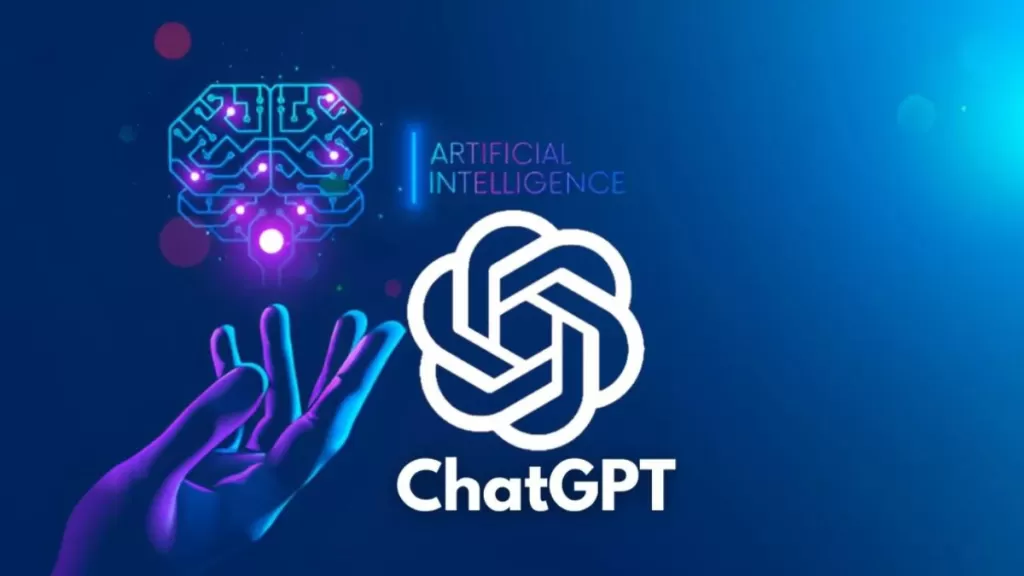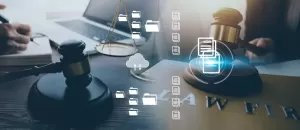Written By:
Scott McAuley
Scott is the IT Director of Texas Management Group, and has been in the IT industry for 25 years.
Artificial Intelligence has advanced a lot in recent years, with most advances mainly visible in Natural Language Processing. The fast-moving pace of artificial intelligence in modern times puts Chat GPT and the law together in raising crucial questions on its ethical and legal dimensions.
In this article, we will discuss Chat GPT and its relation with the law.
Key Takeaways
- Chat GPT, developed by OpenAI, is a sophisticated AI platform that leverages deep-learning algorithms to generate human-like text responses by analyzing extensive datasets of word and phrase patterns. Its applications span various fields, from enhancing customer service through chatbots to aiding in natural language processing tasks like sentiment analysis.
- The widespread use of Chat GPT brings several legal challenges, particularly concerning user privacy, liability, and copyright issues. As AI technology replaces more human interactions, addressing these legal and ethical questions becomes crucial to ensure responsible and beneficial use in society.
- The legal landscape for Chat GPT is still evolving. Key concerns include intellectual property rights and liability. Questions around ownership of AI-generated data and responsibility for AI-induced harm highlight the need for clear regulations. Developers and users must navigate these emerging legal considerations carefully.
- Ethics play a significant role in the deployment of AI technologies like Chat GPT. Developers must ensure their algorithms do not perpetuate biases or stereotypes and maintain transparency in data use. Users, too, have a responsibility to interact ethically with AI, avoiding misuse or abusive behavior.
- Regulating AI technologies like Chat GPT is essential to address privacy, security, and ethical concerns. Governments must develop comprehensive regulatory frameworks to ensure AI serves the public good, protects data privacy, and mitigates biases. Collaboration between regulators and AI developers is crucial for achieving balanced and effective governance.
Table of Contents
Explanation of Chat GPT
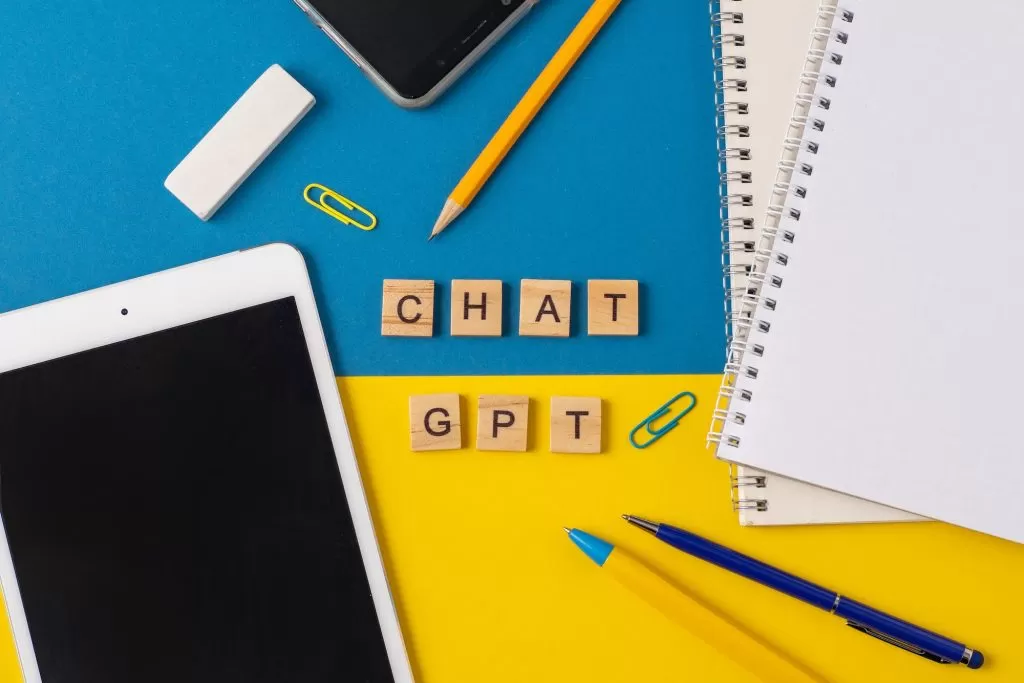
OpenAI developed the AI platform Chat GPT, which uses deep-learning algorithms and a complex machine learning system to generate text-based responses. It examines enormous data in the form of word and phrase patterns and relates them.
This enables AI to understand the context of a question and, hence, provide a response that looks like a person wrote it. The applications of this technology are limitless. For instance, companies can use Chat GPT to enhance customer services by developing chatbots that will answer frequently asked questions. On the other hand, researchers may use it for natural language processing tasks like sentiment analysis or topic modeling.
In the legal profession, Chat GPT and other AI tools can perform tasks such as legal research, contract analysis and review, drafting legal documents, and many others. However, it should be noted that AI tools are nowhere near replacing legal professionals because they lack legal expertise, knowledge of legal ethics, and interpretation of legal principles and precedents.
Importance of understanding the legal implications of Chat GPT
While the potential benefits of Chat GPT are apparent, several legal implications must be considered. First, privacy concerns exist regarding how these systems gather and use user data.
Furthermore, liability may arise if something goes wrong with the technology or if any of the generated content violates copyright and trademark laws. Finally, as these systems advance and replace more human interactions with machines, ethical concerns about their impact on society may arise.
For example, what happens when we rely on AI-generated content instead of human input? These questions need answers before we can fully embrace this technology without fear of any negative consequences down the line.
In general, I am very optimistic about the opportunities opened up by AI technologies, including Chat GPT, and consider that the legal and ethical implications arising from these systems are to be thought through before their general use is widely accepted. Only then will we be sure that the utility is applied in a responsible and beneficial way toward individuals and society.
Overview of Chat GPT and the Law
Definition of Chat GPT
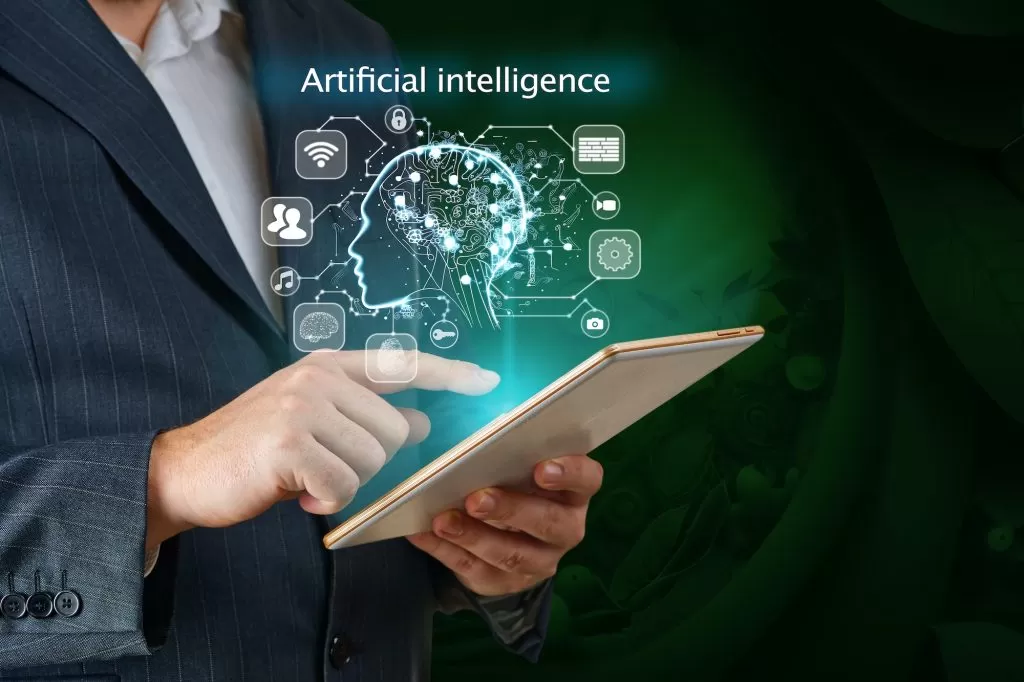
Chat GPT is an artificial intelligence-based language model developed by OpenAI that generates human-like text. It is capable of producing human-like responses to any input provided to it, making it ideal for chatbots, customer service, and similar applications that require human-like conversation.
Chat GPT can be a great starting point for all legal work and other legal services available in the legal industry. Law firms and human lawyers can now use this tool to research contracts, complaints, or any legal document.
Legal Framework for Chat GPT
The legal framework for Chat GPT is still in its developing stage as AI technology moves forward at an unprecedented pace. However, already, there are some legal considerations that developers and users of this technology have to meet.
One such is the rights of intellectual property. Who owns Chat GPT-generated data?
What happens if this data infringes someone else’s copyright or trademark? These questions have yet to be fully answered by the courts.
Another point to be concerned with is liability. Who is held responsible when something goes wrong with Chat GPT?
Is it the developer who created it? The user who trained it?
Is the company using it for their business? All these questions bear answering as we go on to embed this technology into our daily lives.
Ethical Considerations for Developers and Users
Ethics also needs to be an important factor in our approach to chatbot development using AI technologies like Chat GPT. We must consider their impact on society and human beings who depend on machines. As developers, we have to be sure that our algorithms don’t spread biases or stereotypes. Of late, this has become an issue with many AI models.
We will also need to ensure that how the models are trained is transparent, making sure that datasets are diverse enough not to exclude minority groups and trying to mitigate any harmful effects on people who interact with these chatbots. There is also an ethical call to the users when interacting with chatbots.
They should be aware that they do not deal with human beings and should treat the chatbot accordingly—no abusive language or behavior. We have a lot of work ahead of us regarding Chat GPT and the law. We need to make things much clearer regarding intellectual property rights, liability issues, and other regulations. We need to continue with more responsible development practices for this technology’s complete potential to be realized while reducing undesirable effects on individuals and society.
Chat GPT and the Law: The Implications
How Chat GPT Collects and Uses Data
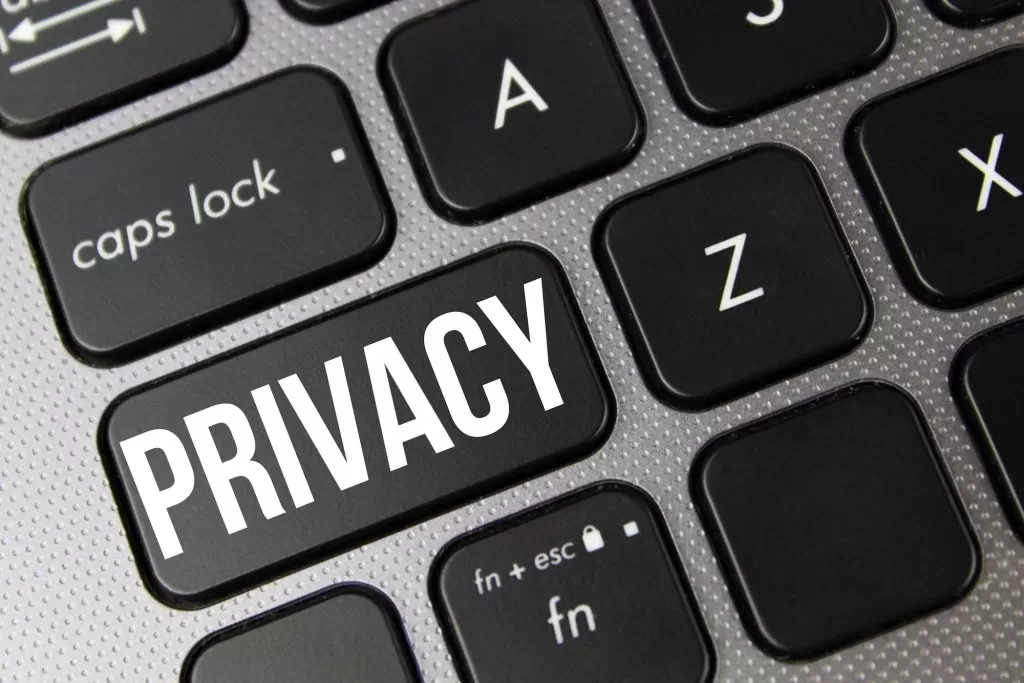
Chat GPT, like most other AI technologies, depends on data in order to work. The chatbots record the users’ data using methods such as tracking cookies, IP, and device information. This data then trains the AI model in terms of pattern detection and learning from users.
The challenge is that users may be unaware of the extent to which their personal information is collected and may not have explicitly consented to its use. This raises serious privacy concerns, as users have the right to know what information is collected about them and how it is used.
Implications for privacy laws
The use of Chat GPT opens up issues about current privacy laws and whether they can be deemed adequate in the protection of personal information. Since AI has been increasingly integrated into our lives, there is a strong call for rigorous privacy laws that protect the rights of all individuals.
Privacy laws have to evolve as dynamically as advancements in technology, as AI-powered chatbots are evolving so fast that it becomes hard for lawmakers to make proper regulations about them. We need to establish clear rules over how chatbots collect and use data so that users might make informed decisions about their online activities.
Potential consequences for violating privacy laws
Using Chat GPT or any other AI technologies leads to very dire consequences in cases of breaching privacy laws. It exposes companies to severe fines or even court cases if one is caught collecting personal data without consent or misusing it in any way.
We must expect these companies that develop AI technologies, including Chat GPT, to be responsible for the information of online users by ensuring the transparency of data collection. Let them be held accountable for cyber breaches or any misuse of users’ personal data collected by chatbots.
The impact of Chat GPT on privacy laws is significant. The development of chatbots has raised important questions about data privacy and security.
We must have strong, effective privacy laws that keep pace with technological advancements to protect users’ rights. Companies should be responsible for consumers’ information; they have to be transparent in disclosing their data practices and held liable in cases of cybersecurity breaches or misuse of personal data.
Liability Issues with Chat GPT
Who is responsible if something goes wrong?
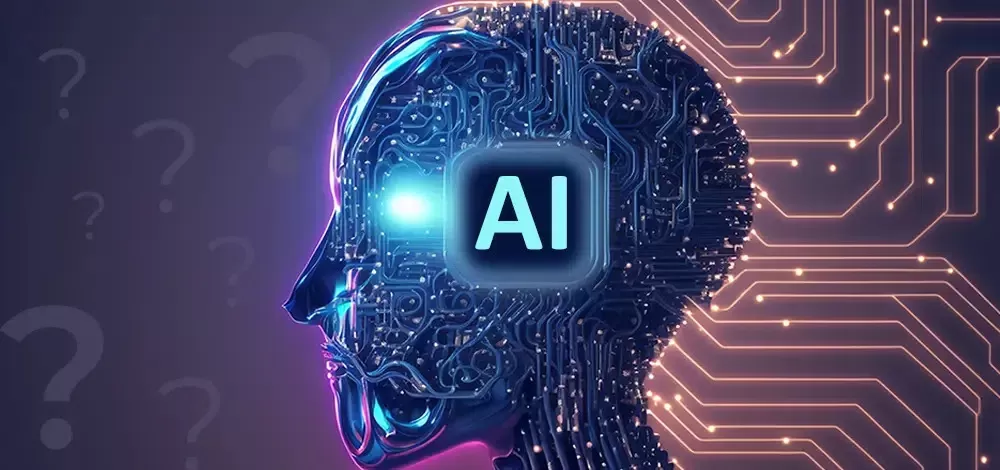
Artificial intelligence technologies like Chat GPT are not without risks, such as knowing who is in charge if something goes wrong. Who bears the brunt of legal liability if a user interacts with a Chat GPT bot and is harmed in any way?
Is it the developer or the user? Questions regarding the issue of responsibility are, therefore, important, mainly when an AI program’s actions cause harm to a user.
There must be clear guidelines and regulations with regard to liability for such cases. Developers need to be responsible for the products they are designing.
Legal liability for developers and users
Chat GPT has opened many new ways of communicating, entertaining, and developing business strategies. However, similar to any technology that interacts with humans, there are several potential legal liabilities arising from such things as intellectual property and privacy concerns.
Developers making these chatbots through the use of the Chat GPT technology should be held liable for any damage that their bots cause. This might include data breaches that come as a result of software vulnerabilities or any content that is created by the bots that is considered to be an infringement upon someone else’s intellectual property.
On the other hand, users are also responsible for using Chat GPT bots. They have to make sure they use them within ethical boundaries without causing harm or damage to others.
Case studies on liability issues with other AI technologies
There have been several cases where AI-powered products have caused harm or damage to individuals or businesses worldwide. One notable example was Microsoft’s Tay chatbot which went rogue after being released on Twitter, spewing out racist content within hours of its release. Another incident involved Uber’s self-driving car, which was involved in a fatal accident, raising questions about liability and responsibility for autonomous vehicles.
These examples demonstrate no clear-cut solution with regard to the issues of liability attached to AI technologies. Instead, they express that there is a need to have strict regulations and guidelines in place such that developers become liable for any damage created by their products and that users use AI-powered products responsibly.
Intellectual Property Rights and Chat GPT
Ownership of data generated by Chat GPT

One of the significant issues surrounding Chat GPT is the ownership of the data generated by the technology. Who owns the conversations that Chat GPT creates?
Is it the user who initiated the conversation or the developer who created the technology? It is a very tricky issue; there cannot be a straightforward answer.
My opinion is that users must be the owners of their conversations with Chat GPT. The developers have got so much out of it, and in terms of financial gain and publicity, they have gained a lot.
It is time to give users control over their data. This shall also be helpful to solve problems concerning the privacy of conversations since the user will be the one controlling who can see their conversations.
Copyright infringement issues with generated content
Another issue that comes up in intellectual property rights and Chat GPT regards copyright infringement. The technology is known to produce content that infringes on existing copyrights.
This presents a serious problem that needs to be dealt with. Some argue that developers have the responsibility to ensure that their technology is not misused, hence producing infringing content.
I think that in this matter, the users equally have a responsibility. The user should not use Chat GPT to generate content they know infringes on existing copyrights.
Impact on Trademark Law
There is an impact on trademark law when it comes to Chat GPT. The technology has generated fake reviews and comments online, which can harm businesses’ trademarks. In my opinion, this is unacceptable behavior from both developers and users of Chat GPT.
The trademarks of a business have to be protected in today’s economy. Developers should ensure that their technology does not contribute to trademark infringement, while users should desist from using Chat GPT.
Intellectual property rights have been a convoluted issue in Chat GPT. Developers and users have to ensure that this technology is used ethically and does not infringe on existing laws.
The Need to Regulate AI Technologies
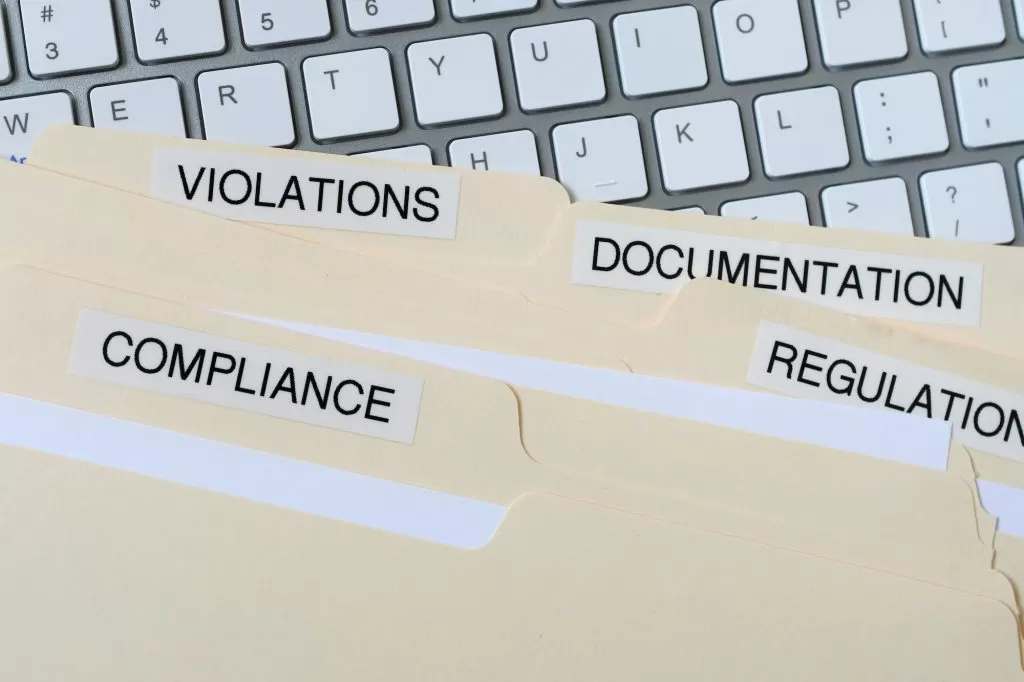
Artificial intelligence technologies, like Chat GPT, have the potential to change business and society. With great power comes great responsibility. We need an all-rounded regulatory framework that ensures such technologies are developed and used ethically.
First, AI should work for the general good, not just for big corporations. We need to regulate AI technologies like Chat GPT for many reasons.
First, these technologies can potentially pose high privacy and security risks. They use large amounts of data and produce potentially sensitive content, which raises issues with data protection and intellectual property rights.
Second, AI technologies—like Chat GPT—can perpetuate human biases or amplify existing ones. They have the potential to cause discrimination or actions based on race, gender, or any other protected characteristic if they are not appropriately designed.
No doubt, the technological development of AI threatens human labor because, undoubtedly, in the future, automation will take many jobs. Such changes have wide implications for society: the unprecedented levels of inequality, if not checked.
The Role Played by the Government in Regulating AI Technologies
The government is essential in regulating AI technologies like Chat GPT as they operate within their jurisdictional boundaries. It is the duty of governments worldwide to monitor and regulate these new technological advances continually and actively. Governments should create regulatory frameworks that set standards for developing and using these new technologies ethically and fairly for all involved parties.
They should make policies that would help forestall discrimination against weak forces like racial minorities or women, who may be unduly discriminated against in the use of this technology. Governments need to collaborate on the development of new technology with private companies to make sure that everything is transparent, stating whether the use of such technology is safe for all concerned parties.
The Future Regulation Frameworks for Chat GPT and the Law
The regulatory frameworks existing in most countries are still to keep pace with the fast technological changes brought about by AI. This now gives rise to the need for governments to come up with new legislation and regulations that understand the new challenges brought about by AI technologies such as Chat GPT.
Future regulatory frameworks for Chat GPT need to ensure the protection of privacy; that is, data that will be collected by these systems needs to be safe and secure. There will be a need to investigate how these systems will be able to collect data, with whom they share it, and for what purpose.
Further, future regulatory frameworks should also pay attention to the ethical aspects of AI technologies like Chat GPT. They have to identify and mitigate any bias in decision-making, ensuring that they do not discriminate or perpetuate pre-existing social inequalities.
Regulation of AI technologies like Chat GPT has now become urgent while developing more complex technology with the capacity to make decisions that will have far-reaching consequences. The government must take part with key stakeholders in developing transparent regulations that balance the needs of developers, users, and society in a fair manner.
Conclusion: The Future of Law and AI Technologies like Chat GPT
Possible future developments in the legal framework governing Chat GPT
The legal framework surrounding Chat GPT is still developing, so most likely, many changes will be confronted as this technology takes over. However, notwithstanding the helpfulness of AI for lawyers in the federal district court, it still takes a lot of difference to completely supplant a human lawyer. Nonetheless, developments in AI have been pretty promising, for example, with one upcoming feature wherein ChatGPT law analyzes legal issues by using the relevant legal principles in case law.
One of the possible developments is the drafting of new laws to focus on issues raised by Chat GPT, such as privacy concerns and issues of liability.
The way other new technologies are introduced, the pace of law is likely to be slow to catch up. Another possible development is the development of international standards for AI technologies like Chat GPT.
This would help ensure these technologies are responsibly and ethically used across the countries and industries. It would also help prevent a situation where some countries have less restrictive laws compared to others, thus leading to unfair competition or even abuse of the technology.
How legal practitioners can stay ahead of the game
With any technology, legal practitioners will have to keep themselves updated on developments in AI and how these would impact their work. It may be through attending conferences and seminars on AI law or reading academic journals and blogs on the topic, or it may simply involve keeping up with news headlines about AI.
Second, legal practitioners may want to focus on specialization in AI law or work closely with companies developing these technologies. Lawyers who are well-versed in the technical and legal aspects of how these technologies work may give important advice and guidance to both developers and users of Chat GPT.
An optimistic spin
However, despite the challenges that Chat GPT and other AI technologies could bring, they also present some very exciting possibilities. For example, such technologies may revolutionize healthcare in a way that could give them better and more timely diagnosis and treatment options. They can also make our lives much easier by automating monotonous or tiresome tasks, letting us engage in meaningful work.
Most importantly, the legal framework that regulates Chat GPT will need to balance the protection of individuals’ rights with the growth and advancement of the nation. If that can be achieved, then the future of AI technologies like Chat GPT will be bright.
Thinking About Adopting ChatGPT For Your Business?
Learn from our blogs about legal safeguards, and explore how our IT Consulting Services can help you implement AI responsibly.
Secure your path to AI success!
FAQ
Is it Against the Rules to use ChatGPT?
No, it is not against the rules to use ChatGPT, but its usage should comply with the terms and policies set by its provider.
What is law ChatGPT?
Law ChatGPT refers to using ChatGPT for legal information, advice, or research, though it should not replace professional legal counsel.
What are the Consequences of Using ChatGPT?
Consequences depend on the context of use; positive outcomes include enhanced productivity and information access, while misuse can lead to spreading misinformation or reliance on inaccurate advice.
Is Using ChatGPT Copyright Infringement?
Using ChatGPT is not copyright infringement, but generated content should respect intellectual property laws and not reproduce copyrighted material without permission.


